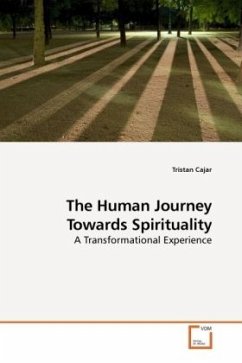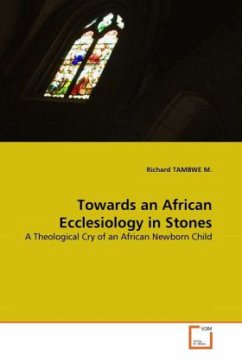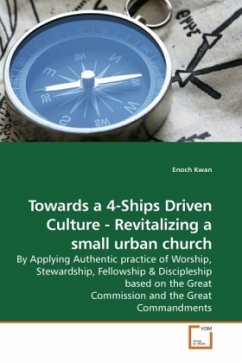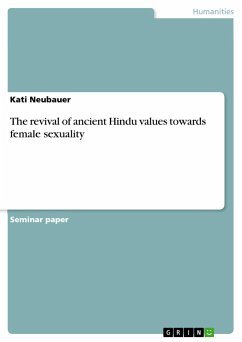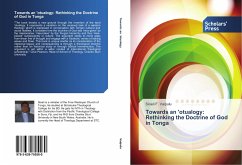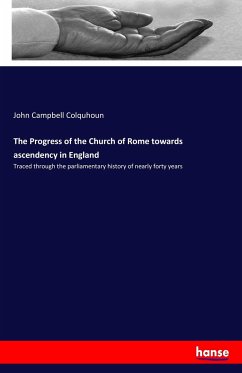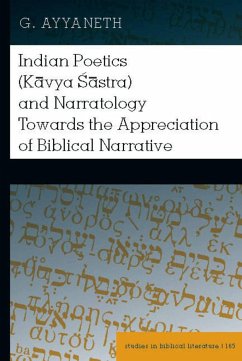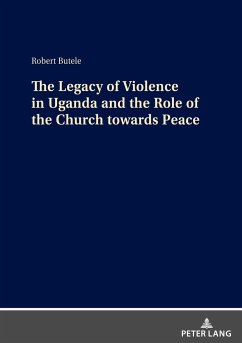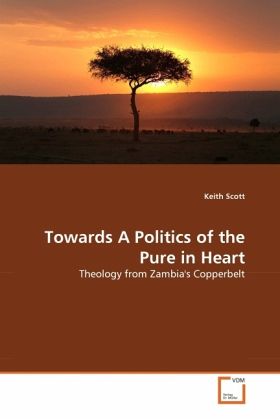
Towards A Politics of the Pure in Heart
Theology from Zambia's Copperbelt
Versandkostenfrei!
Versandfertig in 6-10 Tagen
52,99 €
inkl. MwSt.

PAYBACK Punkte
26 °P sammeln!
Prior to 1964 the nation of Zambia was governed by a British administration as a Protectorate under the name of Northern Rhodesia. Despite the tensions and difficulties posed by the diversity of ethnic identities sufficient cohesion amongst the groups was established to overthrow British rule and establish an independent nation. Since Independence Zambia has persisted in maintaining the territorial integrity of its these boundaries, and as a result has continued to maintain an element of cohesion amongst the competing ethnic groups. This work seeks to understand, why, despite their rivalries, ...
Prior to 1964 the nation of Zambia was governed by a British administration as a Protectorate under the name of Northern Rhodesia. Despite the tensions and difficulties posed by the diversity of ethnic identities sufficient cohesion amongst the groups was established to overthrow British rule and establish an independent nation. Since Independence Zambia has persisted in maintaining the territorial integrity of its these boundaries, and as a result has continued to maintain an element of cohesion amongst the competing ethnic groups. This work seeks to understand, why, despite their rivalries, these groups coalesced sufficiently to establish an independent nation. Drawing upon the insights of Girard a cycle of fragmentation and coalescence is identified as repeating itself in various guises throughout Zambian history. The final part of the work carries out a sustained theological reflection based on the insights gained and makes some proposals for the praxis of the church in Zambia



